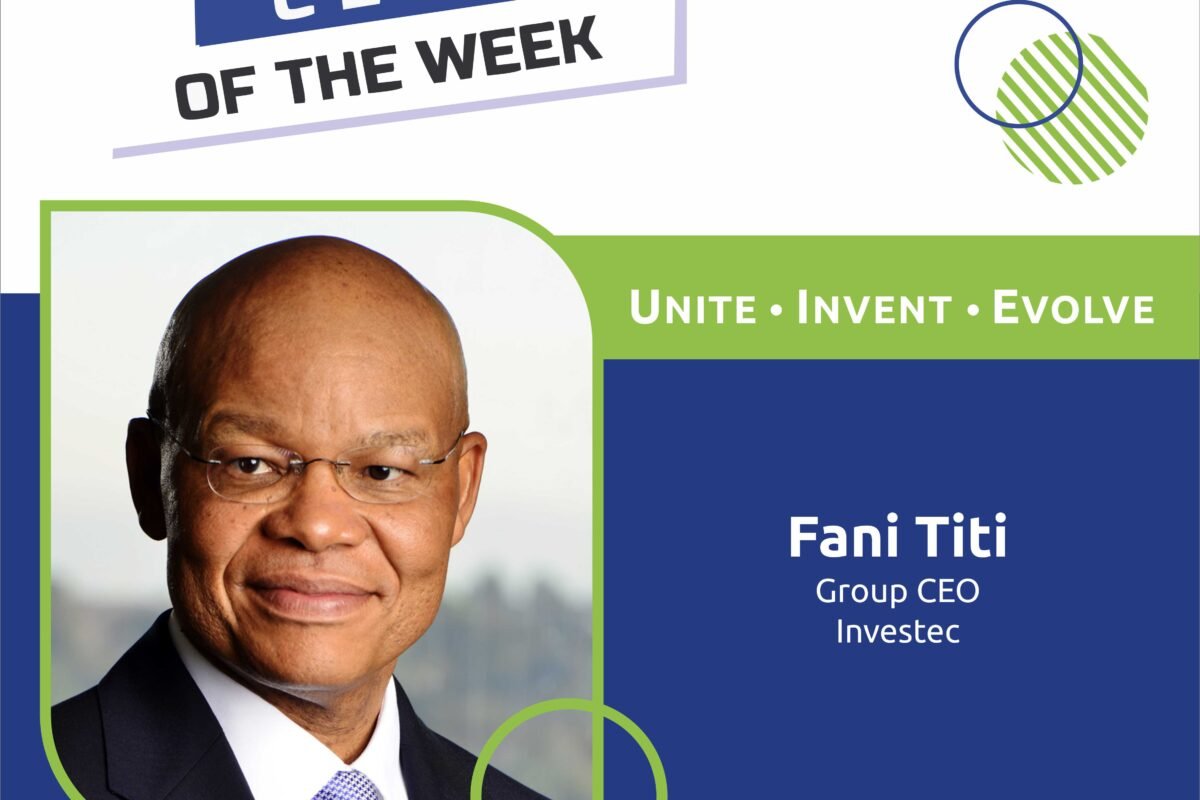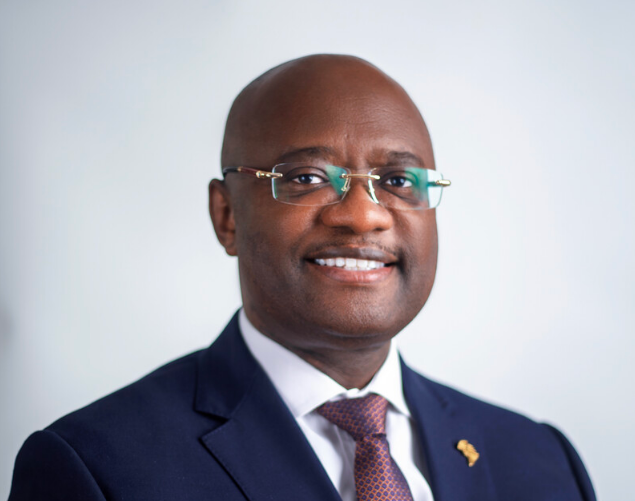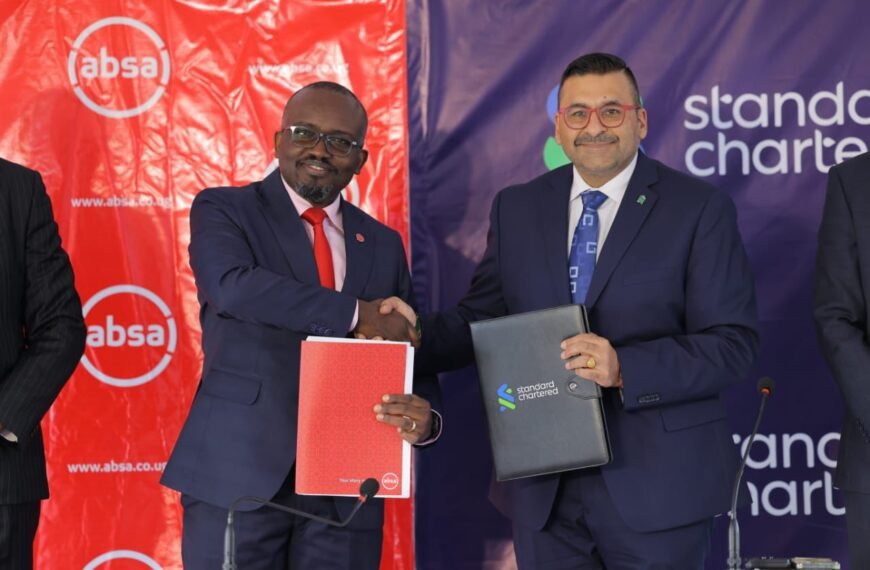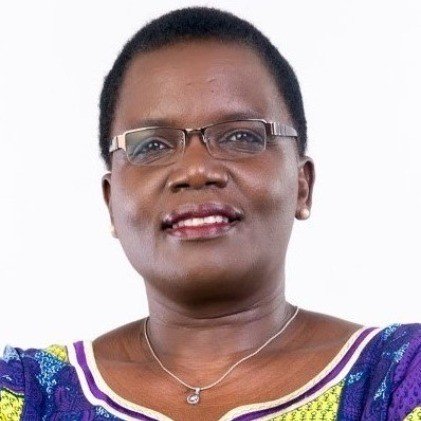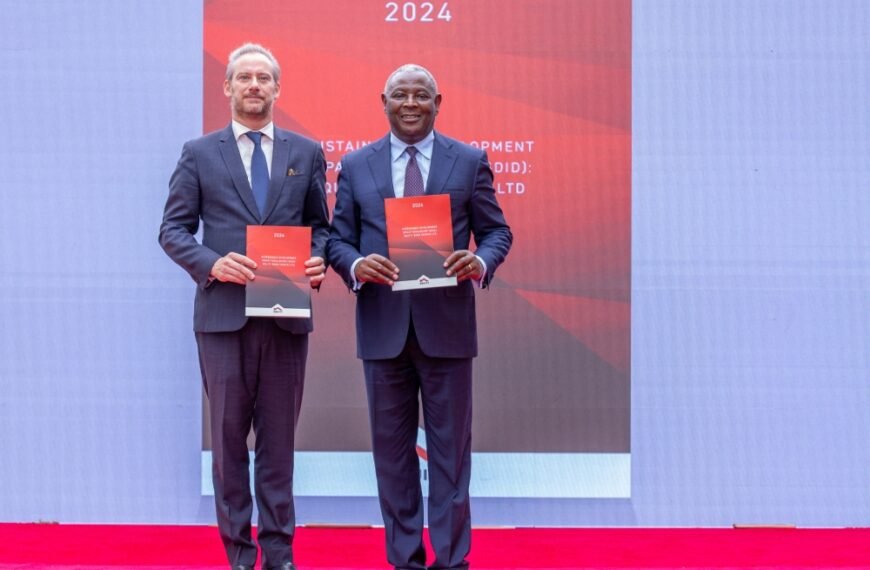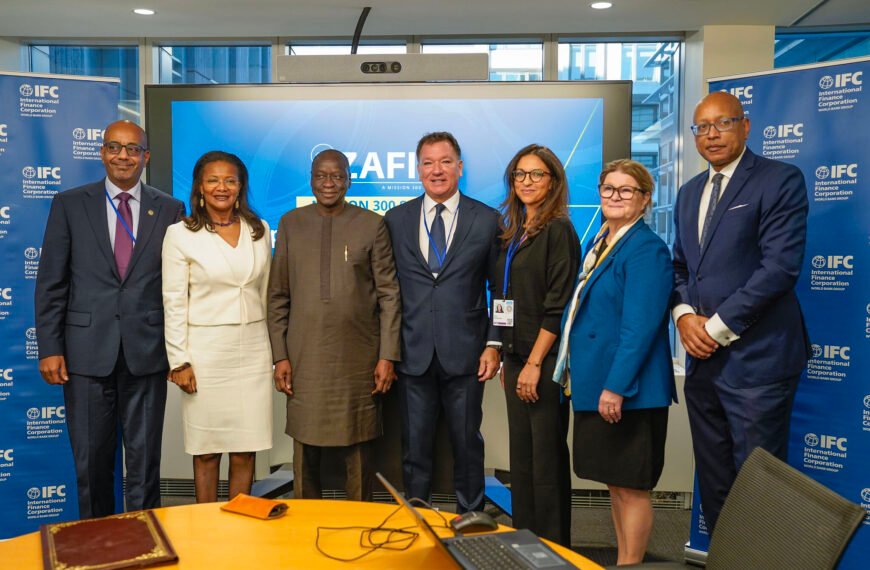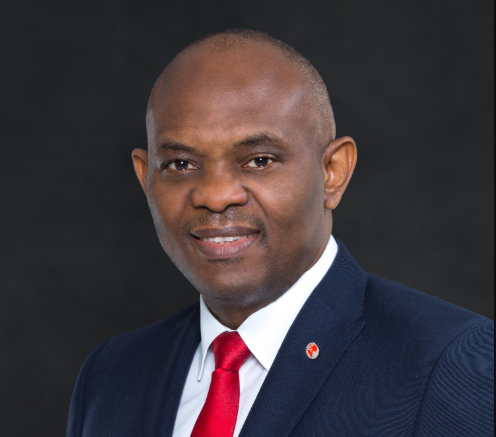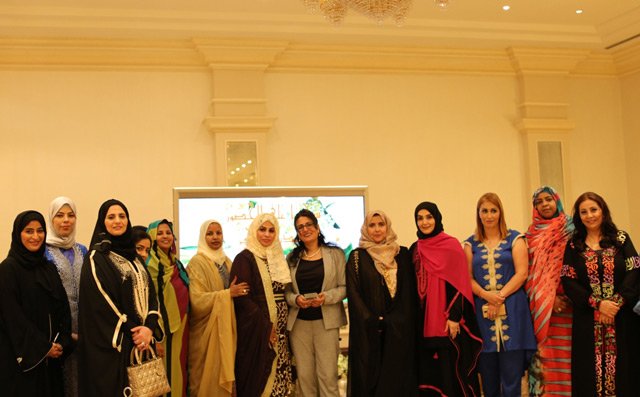
International Women’s Day Celebrates Arab Women’s right
Women’s yearning for fairness and equality has the support of overwhelming majorities in the Arab world.
This year, as it is the case every year, the world marks International Women’s Day on March 8.
The commemoration is usually an occasion for celebration of the milestones achieved. In the Arab world, there have been quite a few such recent milestones that deserve to be highlighted. Women have acceded to senior ministerial posts, including the defence and justice portfolios, in Lebanon and Tunisia. Reforms adopted in Saudi Arabia have allowed women to enjoy unprecedented freedoms. Measures introduced in the UAE and Morocco have enhanced women’s rights in the workplace and in society.
Much of the credit for progress achieved goes to the women of the region themselves as they press for their rights. Enlightened leaderships have also played a big role in overcoming the resistance of regressive forces wary of women’s rights. The momentum for reform is boosted by Arab public trends increasingly favourable to gender equality, especially in terms of education and work.
A recent Arab Barometer survey showed that only shrinking minorities still said that a university education “is more important for men than women.” Only 21% of respondents in the region shared that opinion in 2019 compared with 26% in 2006. In Jordan, the percentage decreased from 35% to 17%; in Morocco, from 25% to 15%.
Also, support for the outdated notion that a woman’s place is in the home continues to thin. Those who today say that “a married woman can work outside the home” total 90% in Lebanon, 88% in Tunisia, 86% in Egypt and 86% in the Palestinian territories.
Such reassuring trends cannot, however, hide lingering gaps in everyday reality. Educational attainment by female students hardly matches the rate of access by women to the labour market. For many reasons, including legal, social and cultural constraints, that rate remains one of the lowest in the world, leading to a staggering imbalance between the participation of men and women in the workplace. And that comes with a cost.
Lili Mottaghi, senior economist at the World Bank, said women constitute only 21% of the labour force in the Middle East and North Africa and contribute just 18% of MENA’s GDP.
The economic fallout is naturally huge. Mottaghi estimates that, without the lingering labour force gender gap, “the GDP growth rate in MENA could have doubled or increased by about $1 trillion in cumulative output.
“Currently, $575 billion in regional income is lost because of gender-based discrimination in laws, social norms and practices that constrain women’s rights and opportunities,” said World Bank Group President David Malpass.
In many parts of the Arab world, female students constitute majorities of university graduates but young women graduates have less of a chance to find a job or a permanent research position than their male colleagues.
The contradiction between the progress made in the Arab region in terms of women’s access to educational opportunities or health services and their rate of participation in the labour market is referred to as “the MENA paradox.” Overcoming that requires measures encouraging women’s participation in economic activity, an adjustment of working regulations to accommodate women’s family obligations and, more broadly, a change in mindsets to do away with outdated notions, such as the one according to which female employment compounds male joblessness.
Public opinion seems also ahead of politicians as regards Arab women’s current role in government. Public opinion, as illustrated by the Arab Barometer Survey results, indicates that most Arab respondents do not object to women serving as presidents or prime ministers. Majorities of 77% in Lebanon, 72% in Morocco, 67% in Iraq and Tunisia and 61% in Egypt accept that a woman can serve as head of state. Decades since independence, no woman has yet assumed the top government position in the region but there is no glass ceiling blocking women’s ascension to the highest seat in power.
Times are clearly changing in the region and protest movements in Iraq, Lebanon, Algeria and Sudan have shown that women are part of change in the region.
Women’s yearning for fairness and equality has the support of overwhelming majorities in the Arab world. Their ambitions are buttressed by access to new communication technologies. No fewer than 70% of the people in MENA are estimated to have access to the internet and 86% are on social media.
That connectedness is bound to accelerate the gender-equality momentum and bring down obstacles that hinder progress of Arab women and of their whole societies, the statement confirms.





